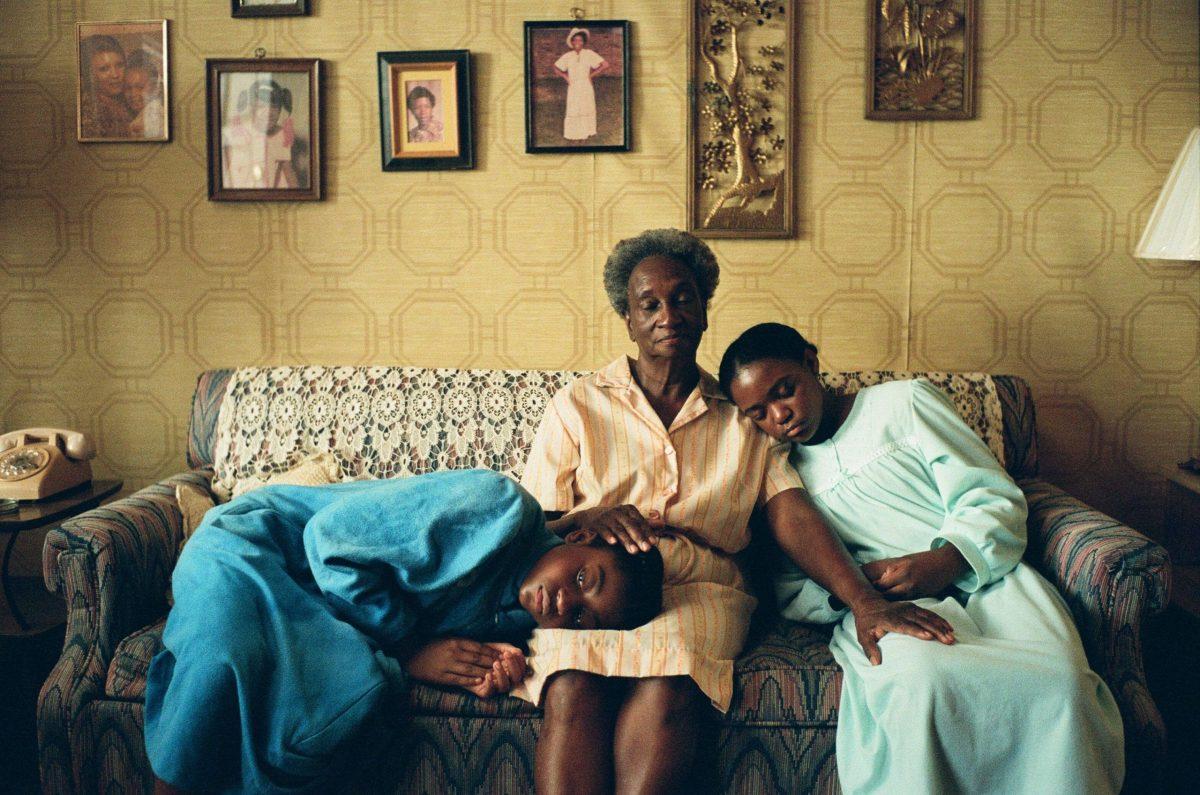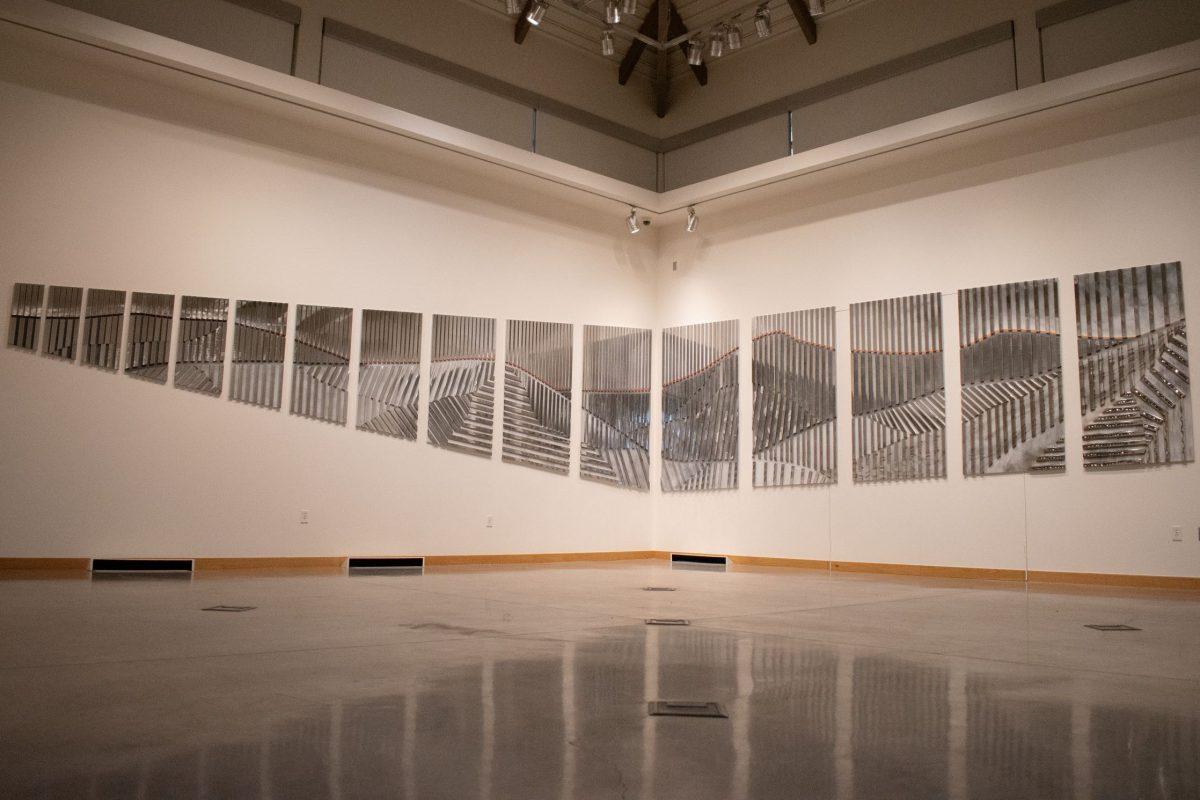Winter is approaching, the sun is leaving, and Seasonal Affective Disorder (SAD) may be a risk. SAD is a temporary form of depression that can affect you at a specific time of the year, especially in the winter.
Linda Torretta, a nurse practitioner at the Whitworth health center, described SAD as a steady lack of joy.
“It’s a condition of feeling blue,” Torretta said. “It usually starts a month after Labor Day (after daylight saving time ends) and ends a few weeks after the sunshine has returned.”
Keep an eye out for the following symptoms that escalate in the fall and winter months: hopelessness, increased appetite and weight gain or loss, increased sleep, unhappiness, less energy and ability to concentrate, loss of interest from things that are normally enjoyable, and social withdrawal.
“Symptoms vary on a continuum from mild to severe,” Torretta said. “It is a very individualistic condition. Students from sunnier states such as California, Colorado and Arizona are a greater risk.”
Students from various states were interviewed to find out how Spokane winters affect their mood.
Q: How much sun do you have back home and do you think that affects your mood?
A: Rachel Gerig, sophomore from Colorado: 364 days of sun (or so they say…). So, yeah there’s lots of sunshine in Colorado, which I miss a lot. Even when it snows, there’s sun. I’m definitely happier when it’s a sunny day.
Jessica Hill, sophomore from California: We have sun a majority of the time and I feel like I’m happier when the sun is out.
Laura Bauthues, freshman from Bellingham, Wash.: There’s hardly ever sun. I like it because then it’s not too hot.
Becca Bixby, sophomore from Montana: It’s generally pretty sunny back home and I’m usually much happier when the skies are blue.
Paige Berdan, sophomore from Renton, Wash.: Probably like three months of sun. When it’s not nice out I don’t have as much energy and I just feel kind of “blah.”
Q: What was it like adjusting to Spokane weather?
A: Gerig: Adjusting to Spokane weather wasn’t too bad. I’m just not a big fan of the gloomy, cloudy days without rain. Those aren’t fun.
Hill: It was quite an adjustment coming to Spokane. It never snowed in California and I often forget that I need to wear more than long sleeves.
Bixby: Right now it’s snowing in Missoula, so I’m happy to be somewhere I don’t have to wear 50 layers of clothing.
Berdan: There wasn’t really an adjustment from home.
Q: Do you feel yourself getting depressed during winter months? Would you say you have symptoms of SAD?
A: Gerig: I get a little depressed in winter because I’m super white, but other than that I’m great. And snow is pretty awesome so that makes wintertime bearable.
Eli Smith, senior from Hawaii: Definitely had SAD every winter.
Hill: I don’t know if I get Seasonal Affective Disorder, but it is definitely harder to be happy when the skies are so gray and the sun is no longer out.
Hannah Berkimer, freshman from Seattle, Wash.: Yes, it definitely affects my mood.
Bauthues: I don’t feel like I get depressed because I like the gloomy weather.
Bixby: I don’t appreciate the cold, but I love the fun activities snow presents.
Berdan: Yes. I just have no energy and don’t feel like doing anything.
Q: How do you adjust to the seasonal change of mood and what are suggestions to get through it?
A: Gerig: I suggest getting one of those sunny mood lights. Or, you can just go embrace the cold and play in the snow because that’s always fun.
Smith: I just started taking vitamin D pills and that helps so much.
Hill: To adjust, I try to remind myself that the weather is not connected to my mood. I have to enjoy the seasons of this new state.
Berkimer: (Laughs) Prescription medication. Coffee. And making sure to get enough sleep and indulging in things I enjoy.
Bauthues: Find fun stuff to do when it’s gray and rainy that you can’t do in the sun.
Bixby: Generally, focus on the positives of winter and be glad you don’t live in Antarctica. That would suck.
Berdan: I try not to listen to only sad music because you know when it’s cold outside you just want to listen to chill music. And I try to do fun, random things with my friends so I’m not just sitting in my bed all day.
Here is some advice on ways to handle SAD if you feel you might be at risk:
According to Mayo Clinic, there is currently no known way to prevent the onset of seasonal affective disorder. Yet if you take steps to manage symptoms early on you might be able to prevent them from getting worse. Some find it helpful to start treatment before symptoms usually start so that they can curb any serious changes in mood, appetite or energy levels.
Torretta suggested exercise, eating well and getting the right amount of sleep as preventative techniques. Different kinds of treatment include medication, psychotherapy and light therapy.
The SAD light, located in the health center, is free to use and a good idea for all who think they have symptoms of SAD or just want to prevent it.
“Twenty minutes a day using light therapy is extremely beneficial in resetting the circadian cycle,” Torretta said.
Contact Christina Spencer at [email protected].






